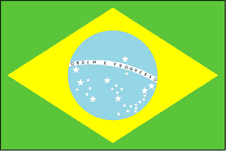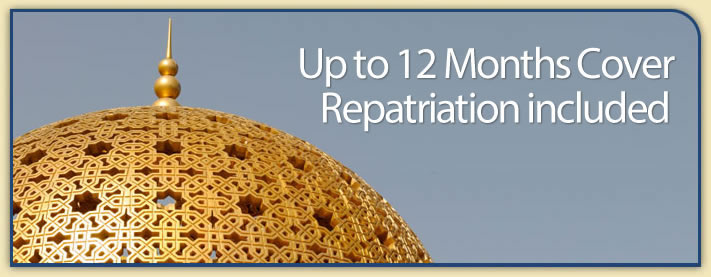Country Guide • Brazil

Brazil became an independent nation in 1822. It is by far the largest and most populated country in South America.It has had and has exploiting vast natural resources and has an enormous labour pool. Brazil is today South America's leading economic power and a regional leader. Highly unequal income distribution remains a pressing problem.
| Official Name | Federative Republic of Brazil |
|---|---|
| Area | 8,511,965km² (3,286,470mile²) |
| Population | 182,032,500 |
| Continent | South America |
| Population per mile² | 55 |
| Capital City | Brasília |
| Religions | Roman Catholic - 80 %. The remainder are Protestants, Spiritualists, Voodooists and Buddhists and Jews |
| Language | Portuguese |
| Government | Federal Republic |
| Currency | Real |
| GDP | $1.34 trillion |
| GDP per Head | $7,600 |
| Natural Resources | Bauxite, gold, iron ore, manganese, nickel, phosphates, platinum, tin, uranium, petroleum, hydropower and timber |
| Land Use | Arable Land 6% |
| Agriculture | Coffee beans, soy beans, wheat, rice, corn, sugarcane, cocoa, citrus fruits and livestock |
| Industry | Textiles, shoes, chemicals, lumber, iron, tin, steel, motor vehicles and parts, arms, soya beans, orange juice, meats, coffee and sugar |
| Tourism | Brazil has the beaches, the carnival in Rio and many other carnivals and fiestas throughout the year as well as the Amazon. It has many vibrant cities to visit too |
| Natural Hazards | Droughts in the North East and floods and occasional frost in the South |
| Health Risks | Dengue fever, malaria, meningitis, rabies, yellow fever |
| Climate | The climate varies from arid scrubland in the interior to the impassable tropical rainforests of the northerly Amazon jungle and the tropical eastern coastal beaches. The south is more temperate. Rainy seasons occur from January to April in the north, April to July in the northeast and November to March in the Rio/São Paulo area. Rainfall is evenly distributed throughout the year and the average annual precipitation varies between 40 inches and 80 inches. Average temperature ranges in Rio de Janeiro are from 17 to 24°C in July to 23 to 29°C in February |
| Time | GMT/UTC-3 hours |
| National Days | September 7 |
| Visas | Passports must be valid for at least six months from date of entry. Visas are required for tourists from many nationalities, including Australia, Canada and the USA. Visas are generally for 90 days, with one extension of up to 90 days possible |
| British Embassy | Embassy Details |
Information Only
The content above is for information purposes only and we have tried to ensure that the information is as accurate as possible. We cannot accept any responsibility for any inconvenience, loss or injury as a result of the information above. You should always check and verify any critical information like visas, health and safety and customs with the relevant authorities before you travel since information can change at any time.



